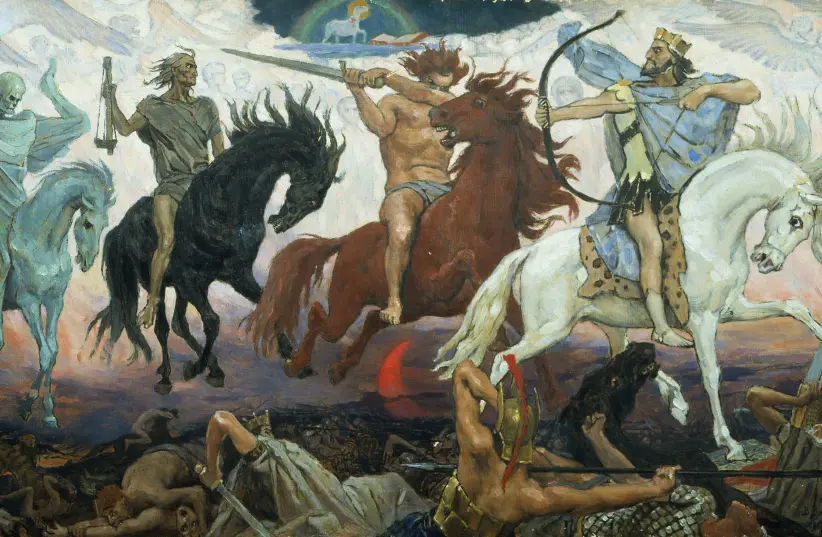Modelling indicates that should trends continue, a lack of fertiliser would mean that additional farmland equivalent to the area of Western Europe will be needed to keep everyone across the world fed by 2030.
<snip>
“Half the world’s population gets food as a result of fertilisers… and if that’s removed from the field for some crops, [the yield] will drop by 50 per cent,” one senior individual involved in the fertiliser trade, Svein Tore Holsether, remarked in March last year.
“For me, it’s not whether we are moving into a global food crisis – it’s how large the crisis will be,” he went on to say.
Meanwhile, the head of the United Nations’ World Food Programme, David Beasley, previously warned of the massive destabilising effects that failing supplies could have on vulnerable countries.
“Failure to provide this year a few extra billion dollars means you’re going to have famine, destabilization, and mass migration,” he warned in 2022.
“If you think we’ve got Hell on earth now, you just get ready,” the former Republican Governor of South Carolina continued. “If we neglect northern Africa, northern Africa’s coming to Europe. If we neglect the Middle East, [the] Middle East is coming to Europe.”

Recent Comments